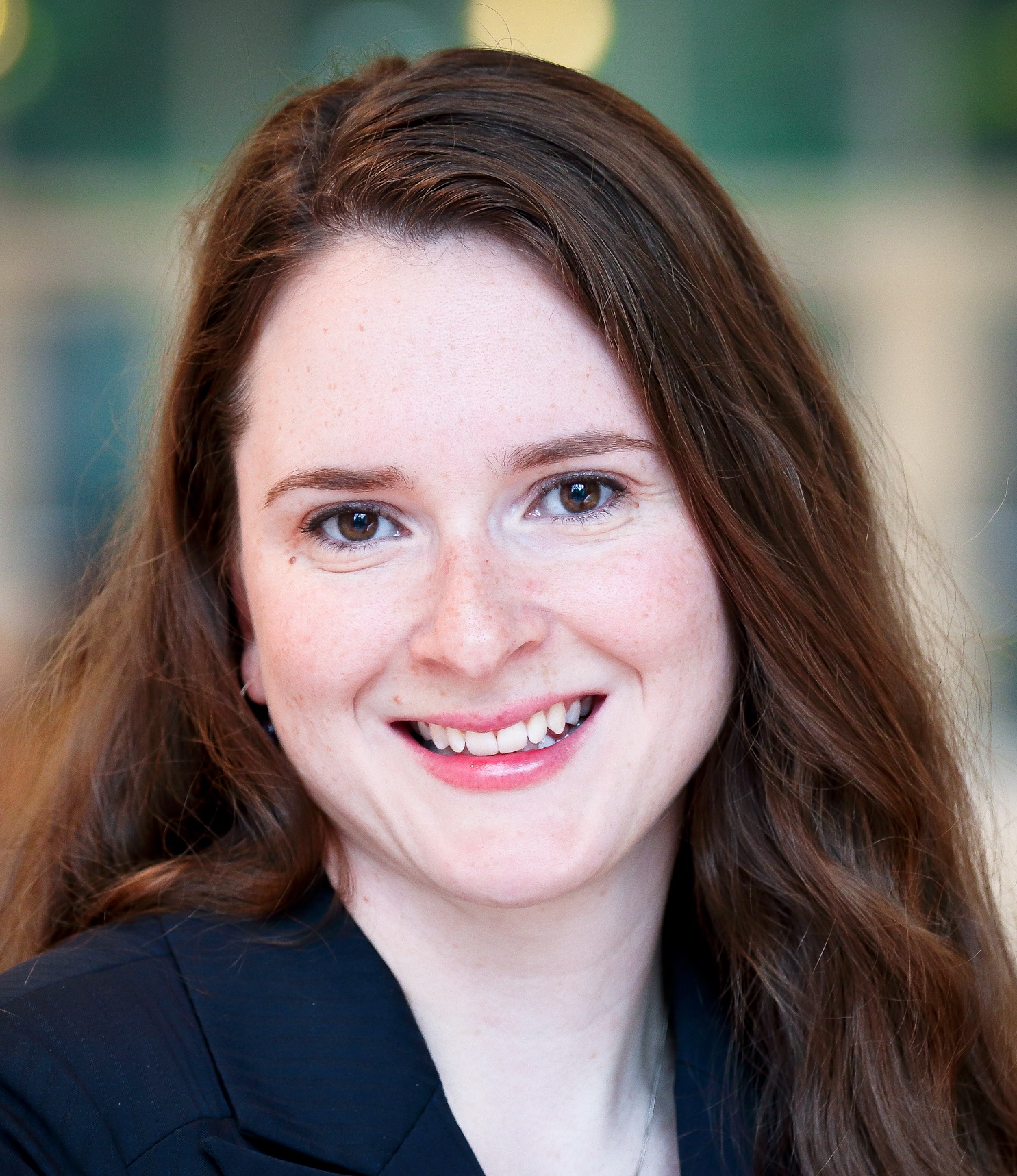 Jessica Carette
Jessica Carette

Jessica Carette, a native of Nova Scotia, Canada, moved to Montréal to study chemistry at McGill University in 2003. After graduation, she took on the role of R&D and support specialist at Kemira. From 2012-2106 she gained in-depth knowledge about tissue manufacturing at FPInnovations where she worked on chemically modified cellulose and published several articles and presentations on softness. Most recently she joined the Cascades Tissue Group innovation team where her technical insight will help Cascades realise their ambitious product development goals. At home, she enjoys biking and travelling with her husband, Daniel and dog, Dexter.
Q: Where do you see the future of this industry in the next 20 years?
A: The environmental landscape of the pulp and paper industry is evolving at an increasing pace as the threat of emerging technologies. If we don’t want to give way to alternative technologies like Kodak did in the face of digital photography, we need to embrace the changes and innovate. Companies need to look at alternative revenue streams, focus on sustainability and add value to existing products. Can we combine the tactile experience of a book with the convenience of an e-reader? Can our hygiene tissue make us healthier or our packaging tell us something about its location and contents? The pulp and paper industry is here to stay but I suspect that it’ll look a whole lot different in the next 20 years.
Q: If you could change anything about this industry, what would it be and why?
A: Compared to the tech industry or health sciences, primary industry such as pulp and paper is still very much behind in gender equality. I would like to see all companies make a commitment to recruiting and training female engineers, supervisors, managers, and executives. I hope that the next generation of workers have the chance to grow up believing that boys and girls are equally suited to become teachers, nurses, scientists, or engineers.
Q: Words to live by…
A: Pierre Lavoie, a champion triathlete and philanthropist says “l’inconfort nous rend plus fort” which means that being uncomfortable makes us stronger. It’s a philosophy I use both professionally and personally when I am on my bike. You need to get out of your comfort zone to become great.
Q: What is a defining moment in your life? (does not have to be career related)
A: After my first year of university, I sent my CV to all the professors in the chemistry department looking for a summer job. Dr. Theo van de Ven was the only one who replied and so began my serendipitous career in the pulp and paper industry. My first day on the job, I was thrust into a trial on a paper machine and I was awe struck by the complexity and power of this enormous machine that was also delicate enough to handle such a fragile material. I gained two things that day, a love and appreciation for pulp and paper and the love of my life. I meet my husband working on that trial and we’ve been inseparable ever since.
Q: If you weren’t in your current job and field, what would you be doing instead?
A: After high school, I contemplated pursuing art instead of science. If I wasn’t doing what I do now, maybe I would have satisfied my creative and analytic sides by becoming an architect.
Q: What technology innovation do you think will advance this industry and why?
A: Smart technology and interconnectivity will come to pulp and paper, too. I’m excited to see how the products that dot our everyday life can bring us more value and convenience by giving us information about our surroundings. Packaging that tells you when food is safe to consume or a toilet paper roll that reorders itself when its empty will become the norm as we expect more from our household objects.
Q: If you could have dinner with anyone, dead or alive, who would it be and why?
A: My late uncle inspired me to pursue a career in Chemistry. He was a chemist at Dalhousie University when he took me to work with him for a day to experience a day in the life of a scientist. The thought of discovering the unseeable intrigued me and I started my studies at McGill University shortly after. Unfortunately, he died before I finished my degree, so I’d love the chance to have a chat with him again and tell him what an inspiration he has been to me.
Q: How would you like to get (more) involved with TAPPI?
A: Standards work may seem tedious to some, but I am invigorated by the discussion that the smallest of detail can generate. I take pride in seeing our standards used in practical settings and look forward to making contributions to their development.
Inside this Section
-
- Coating, Printing and Surface Enhancement
- Corrugated Packaging
- Engineering
- Independent Technical Committees
- Nonwovens, Engineers and Technologists (NET)
- International Flexible Packaging and Extrusion Division
- Nanotechnology
- Paper and Board
- PIMA Management
- Process and Product Quality
- Process Control
- Pulp Manufacture
- Tissue Division
- Women in Industry
- Young Professionals
